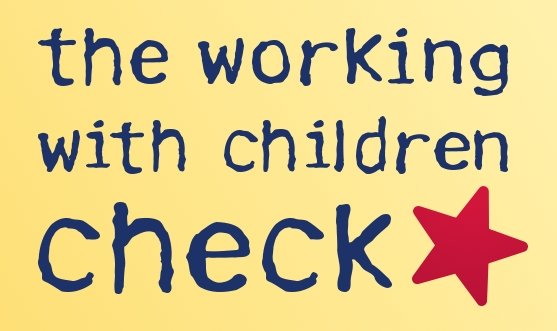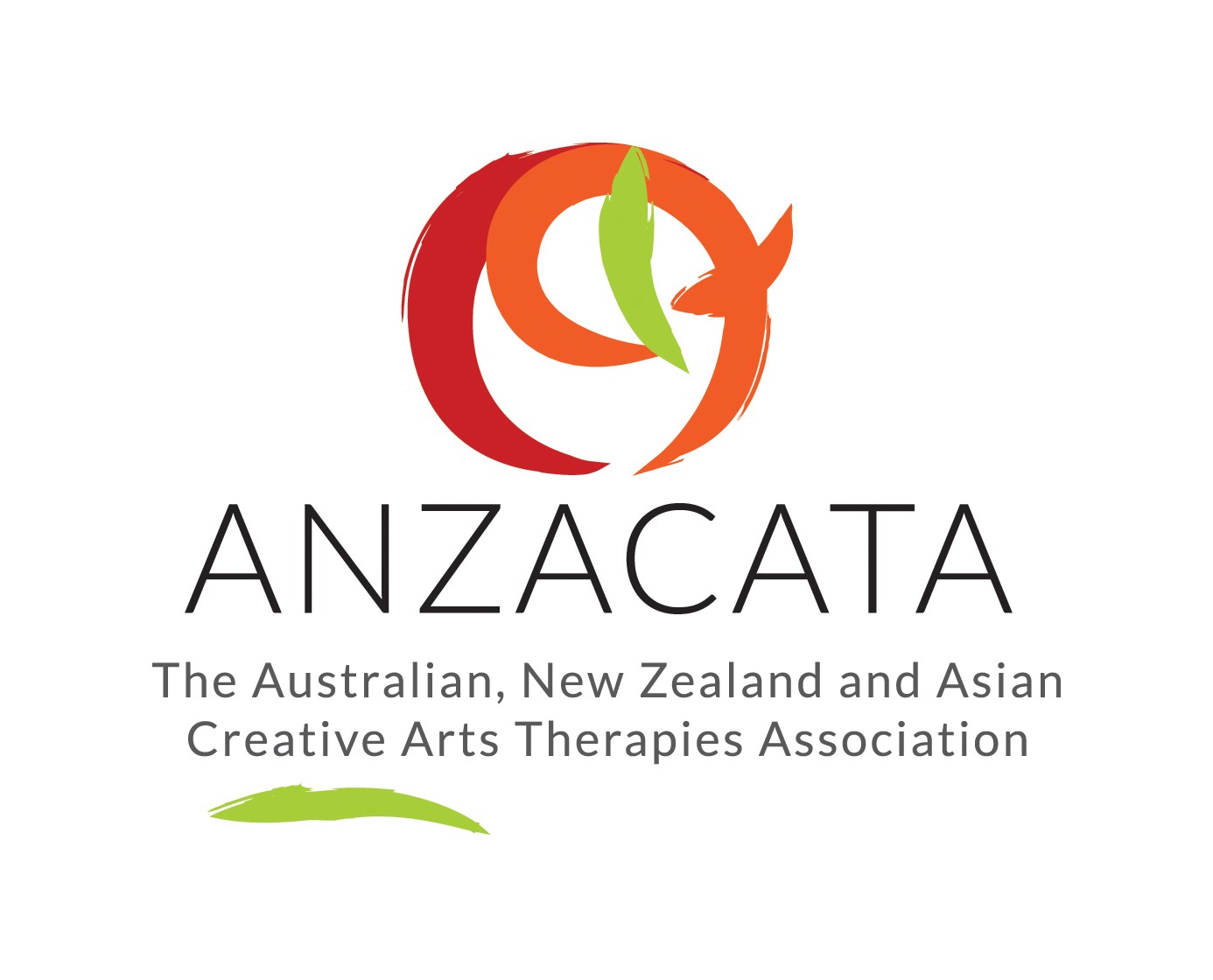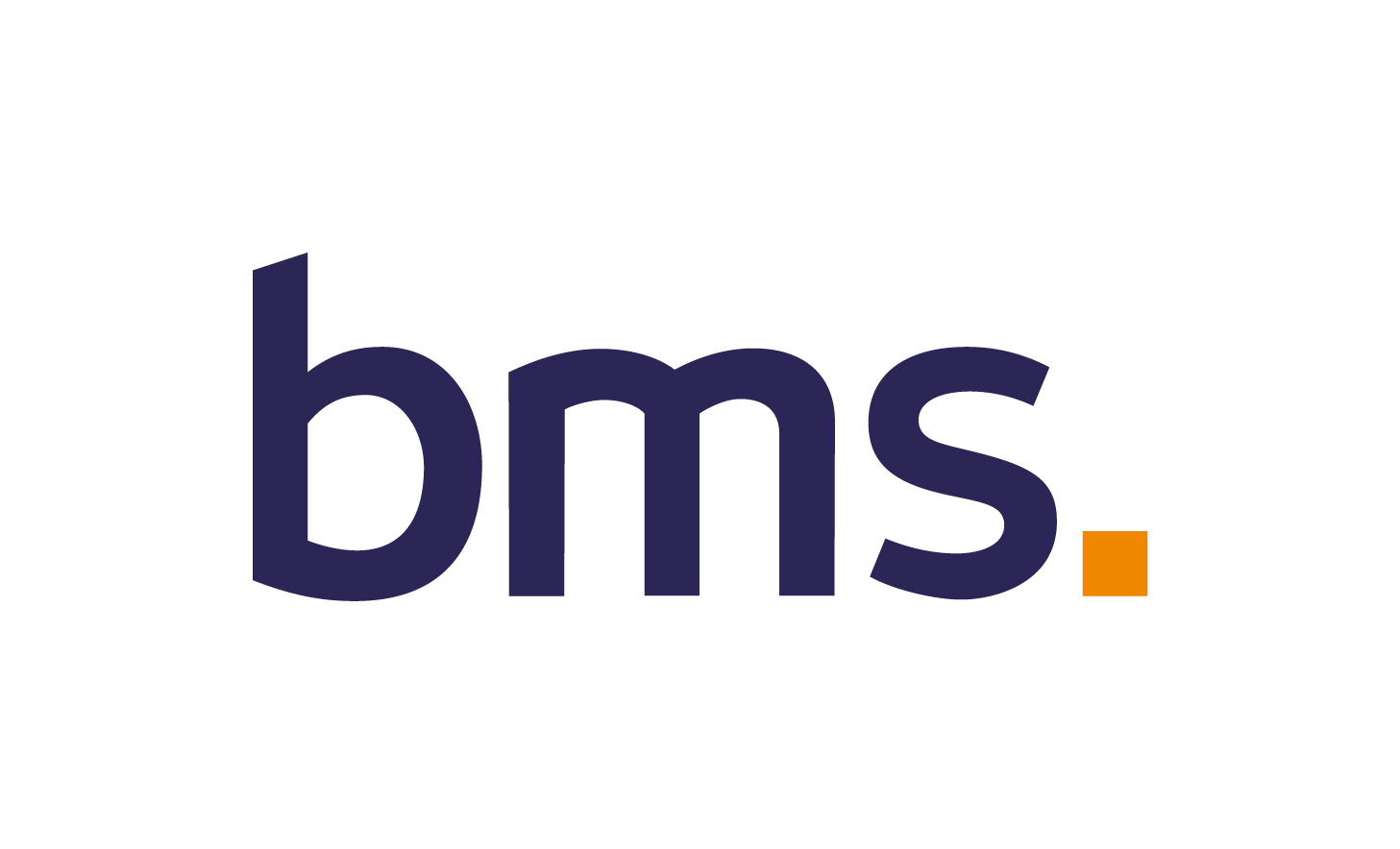The DBT art therapy skills program uses the concepts and framework of DBT, Art Therapy, Narrative Therapy and Intentional Peer Support. It is facilitated by Mahlie Jewell (M.AThR, M.ACA), a clinically qualified mental health professional who is also a trained peer worker with lived experience of complex mental health experiences and neurodiversity.
It is conducted within a trauma and neuro/diversity informed framework and purposefully celebrates queer, First Nations and disabled/neurodiverse people as a social justice action.
The pilot DBT Art Therapy program was scientifically evaluated and professionally researched under ethics approval in 2021. The results and outcomes of the research pilot were independently evaluated, peer-reviewed and academically published international. To view the research article, you can use this free access link:
https://bpded.biomedcentral.com/articles/10.1186/s40479-022-00203-y



